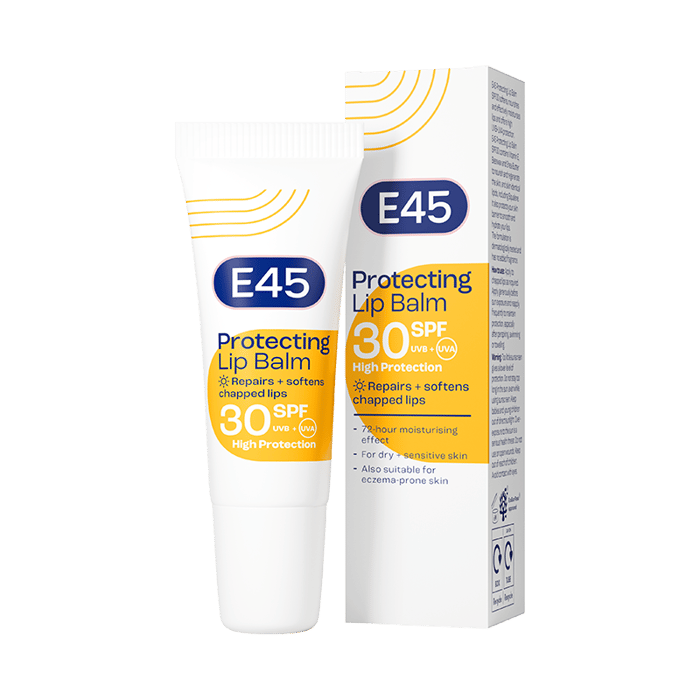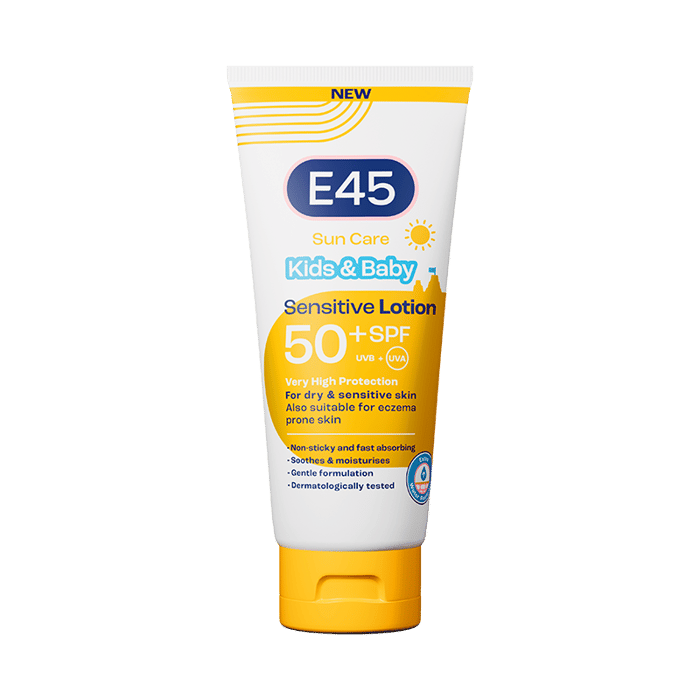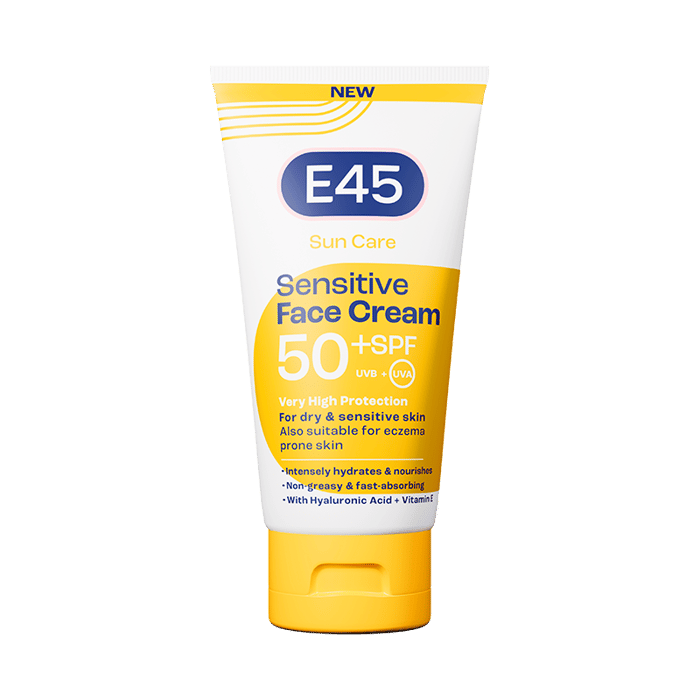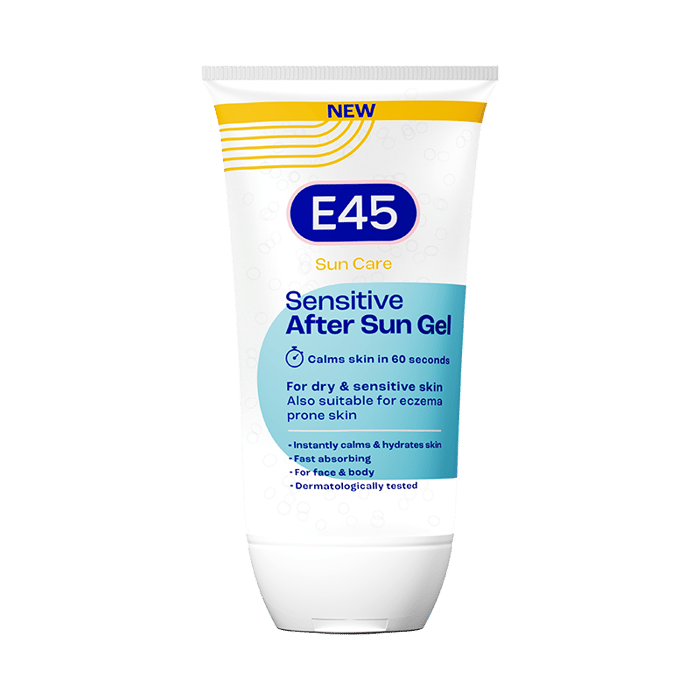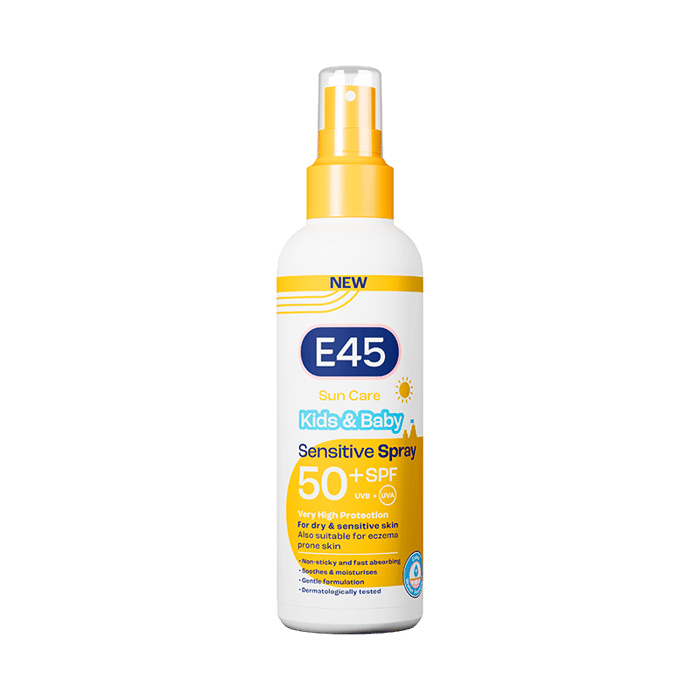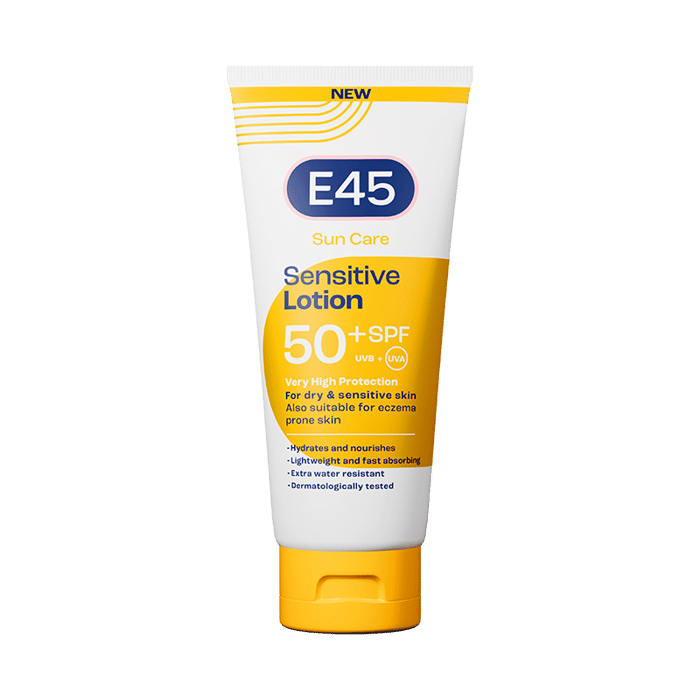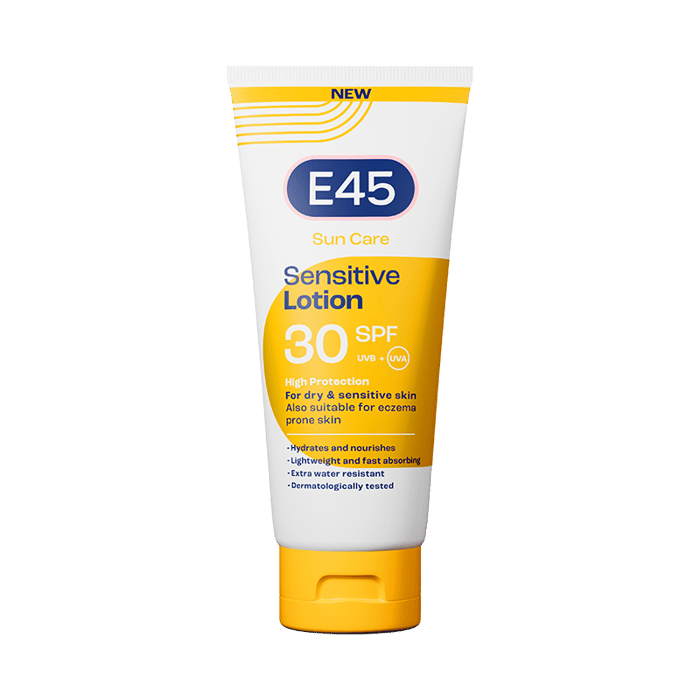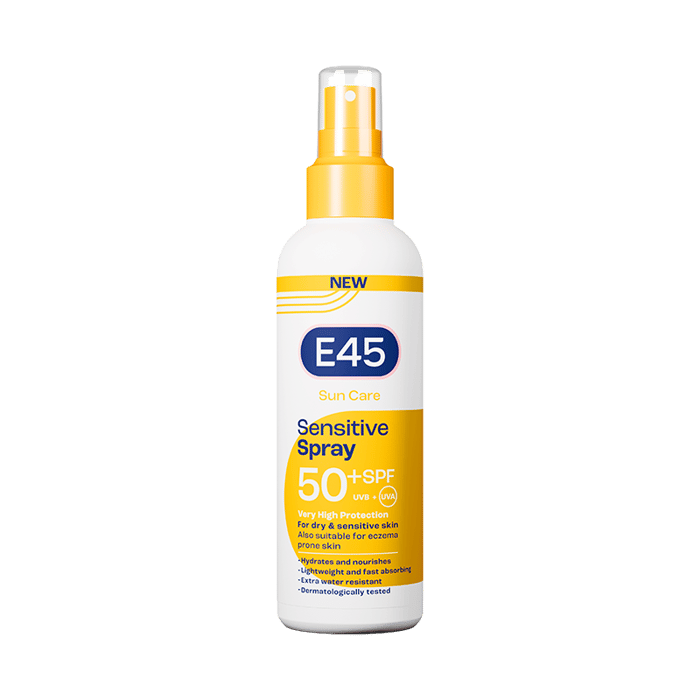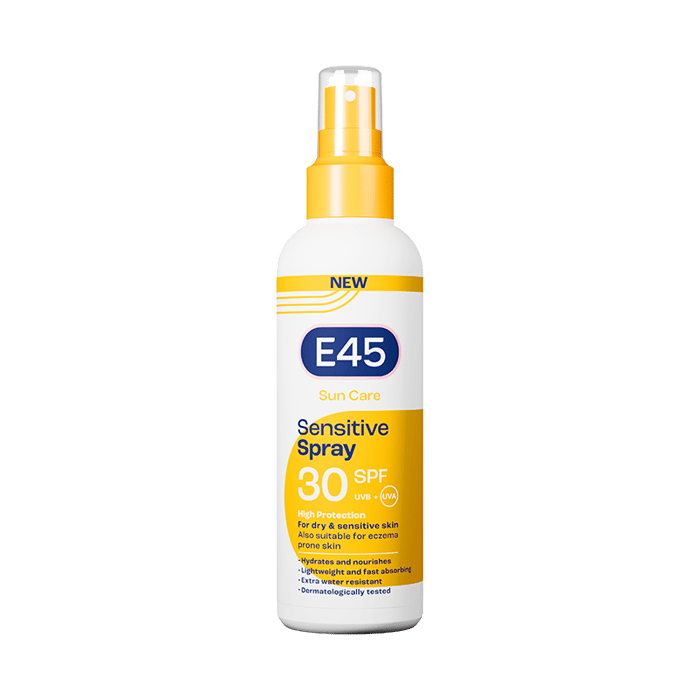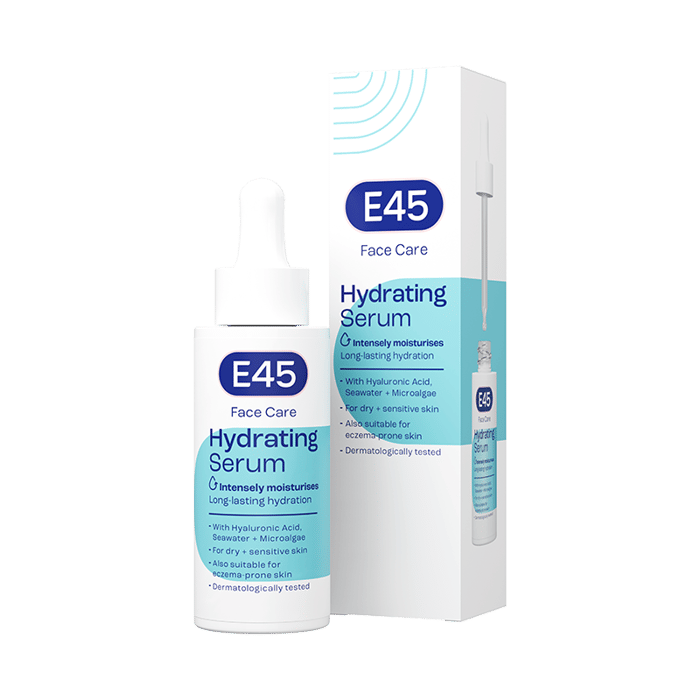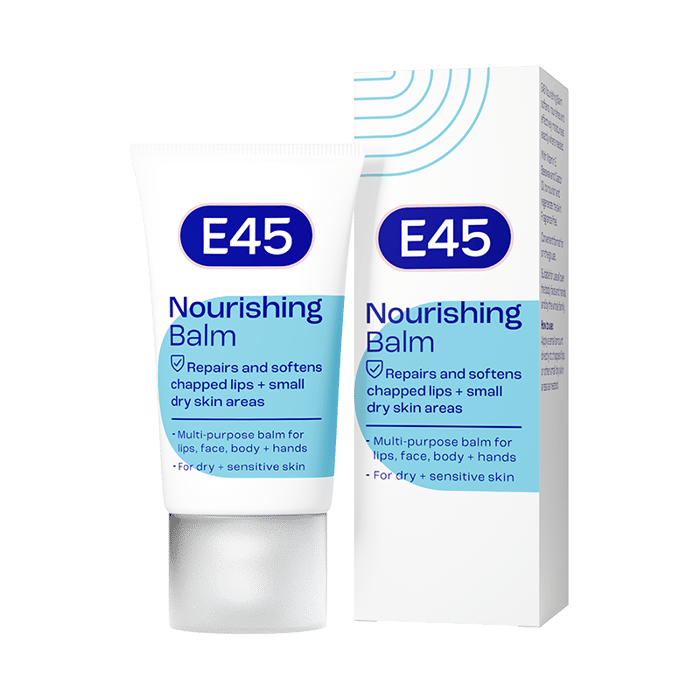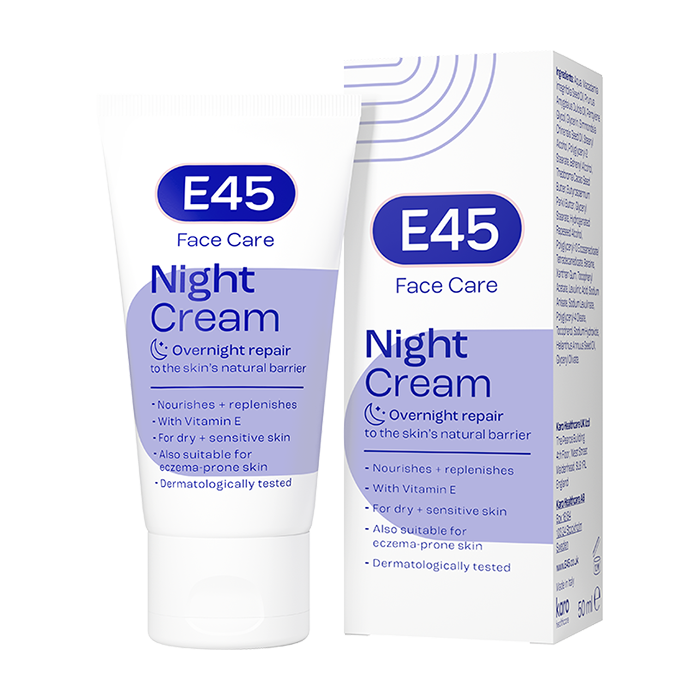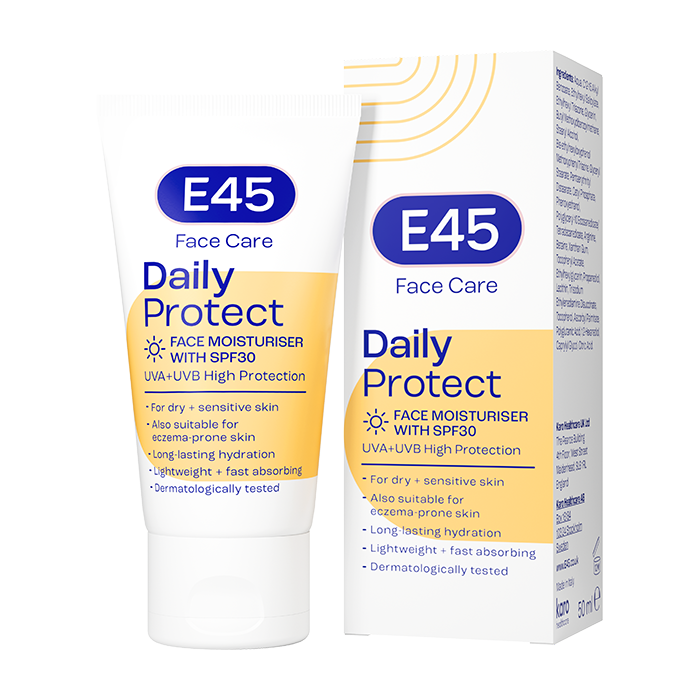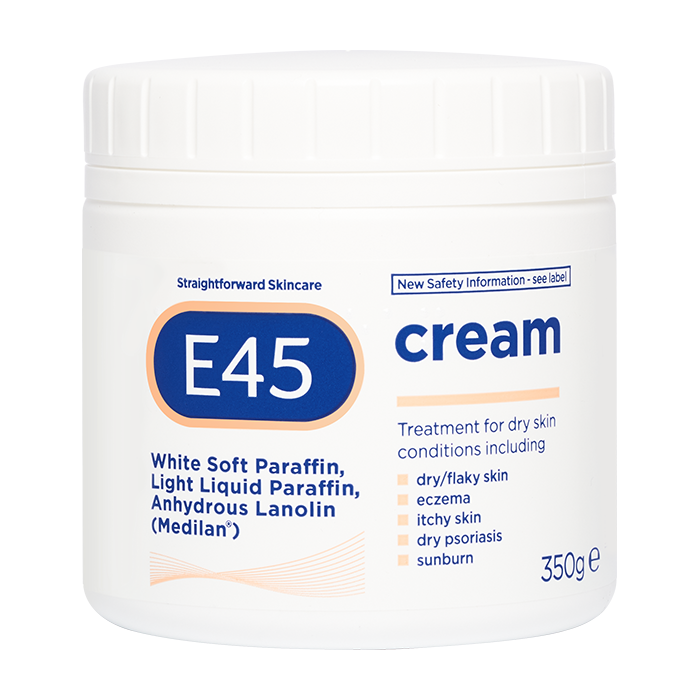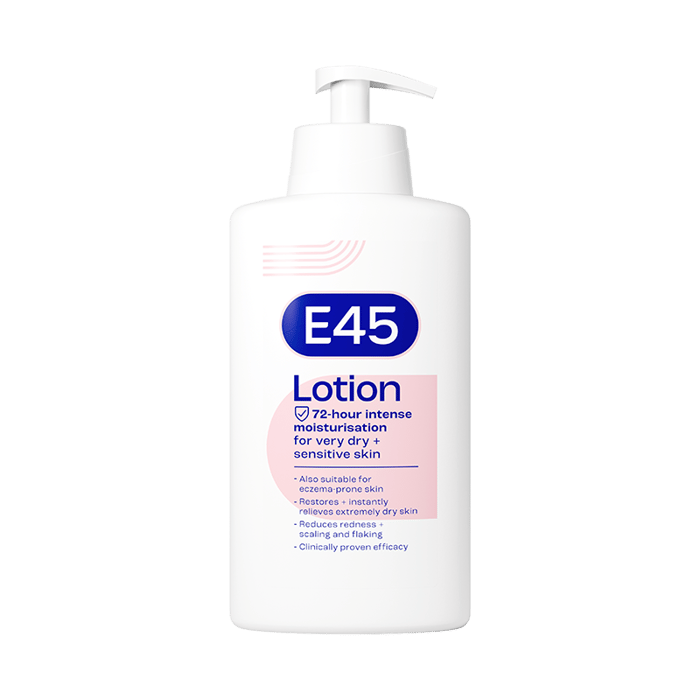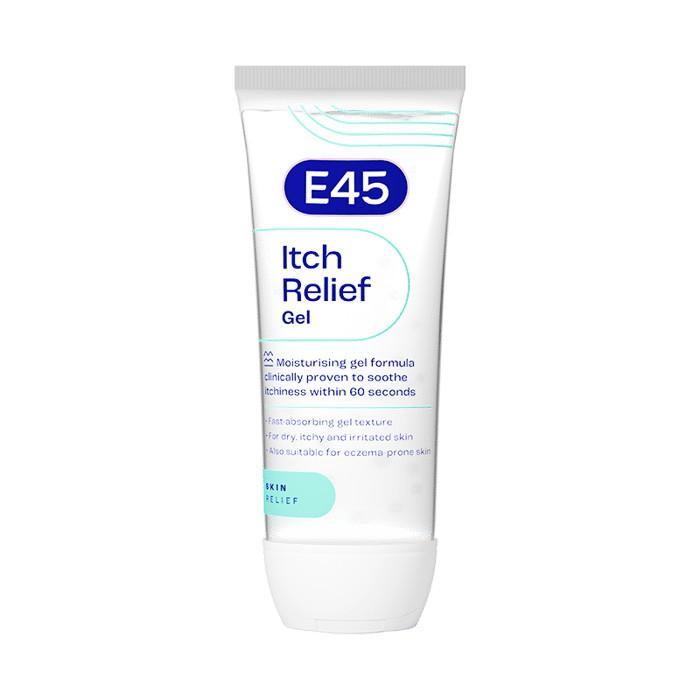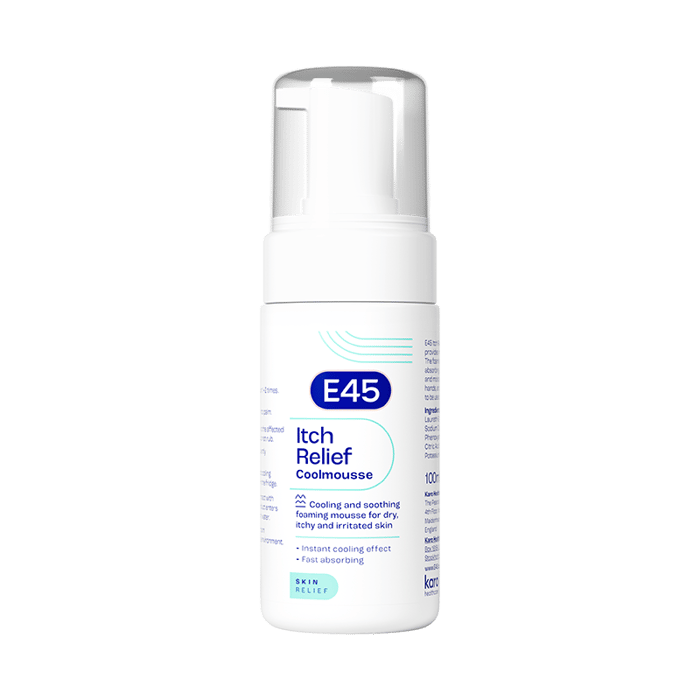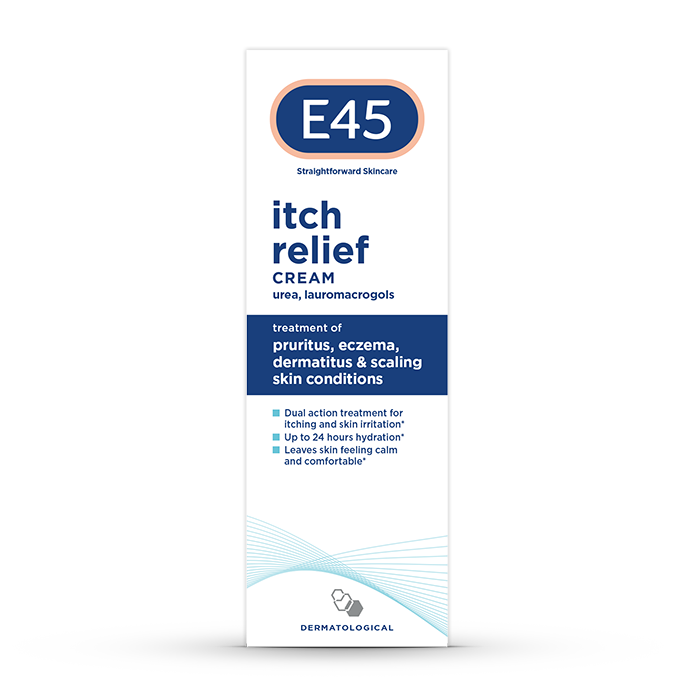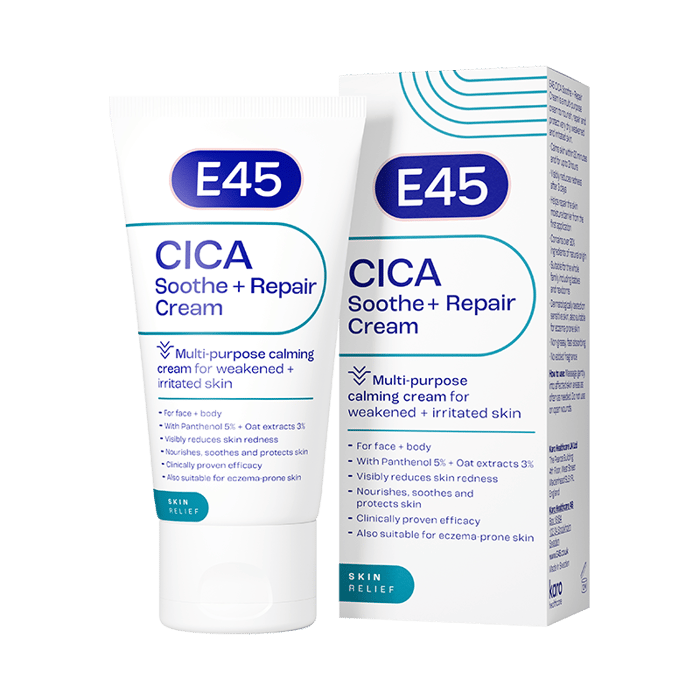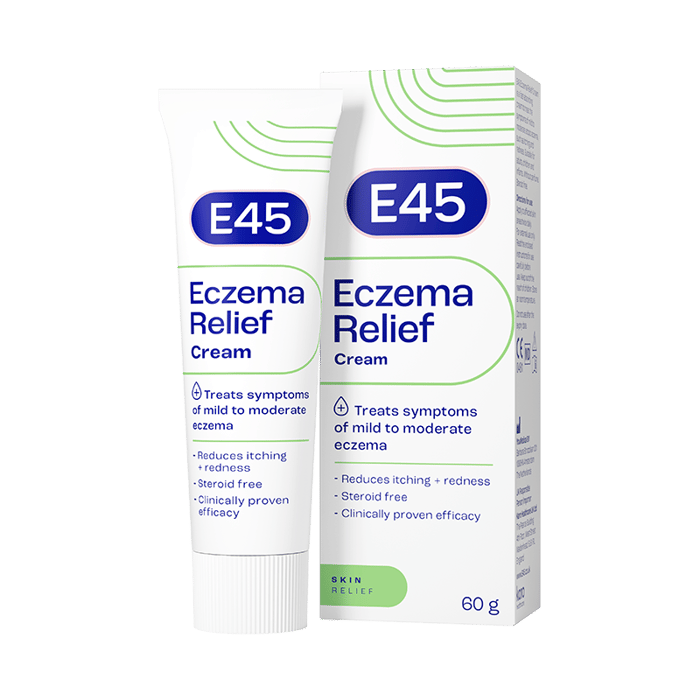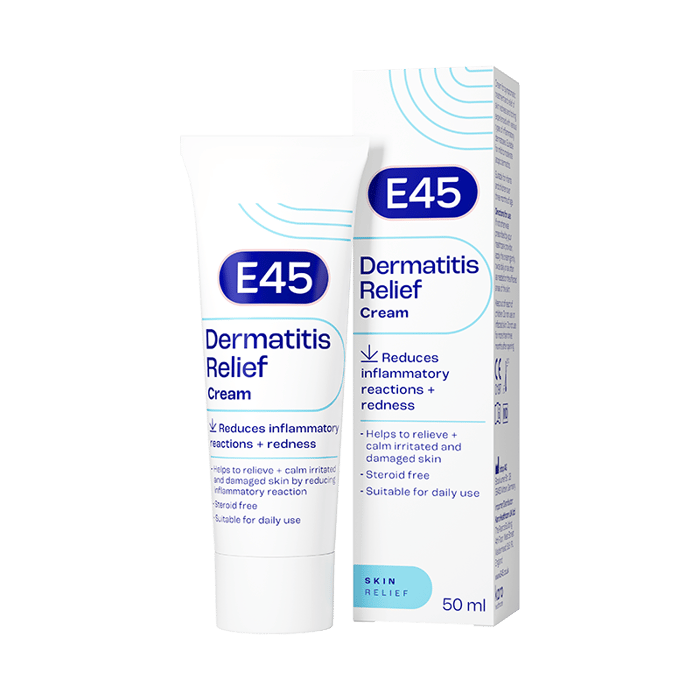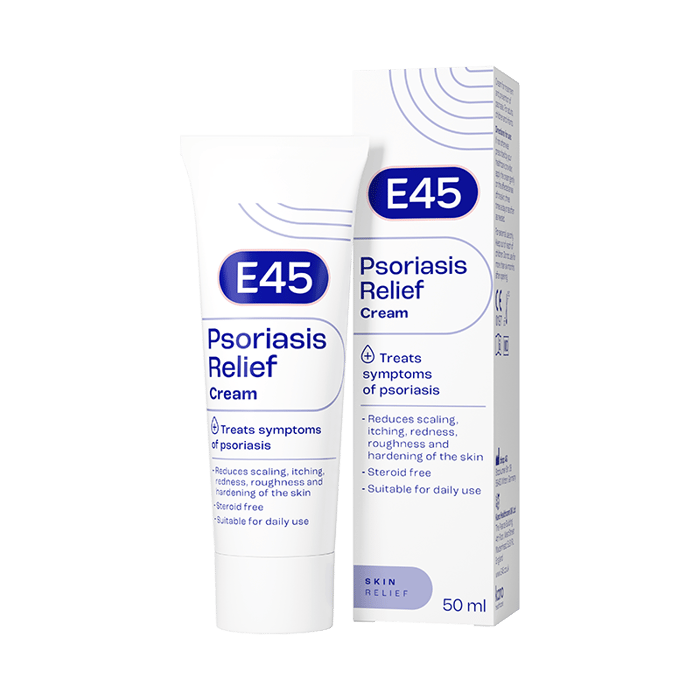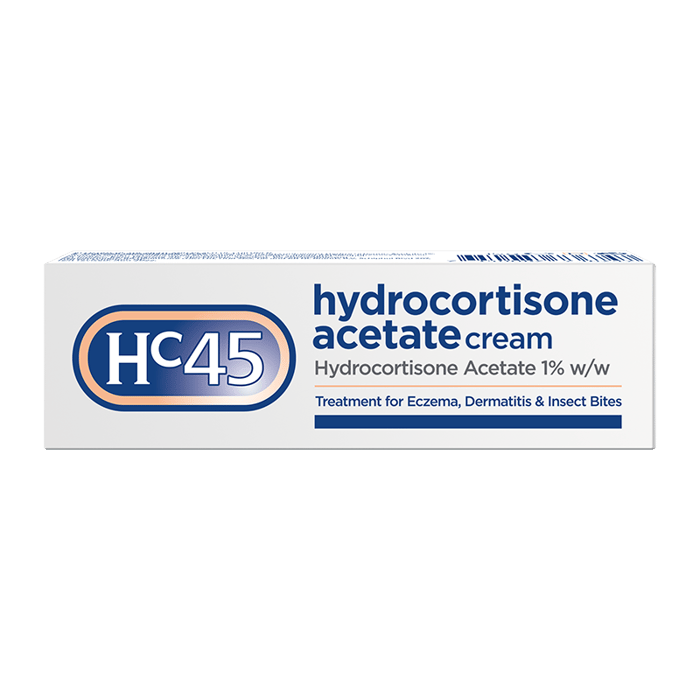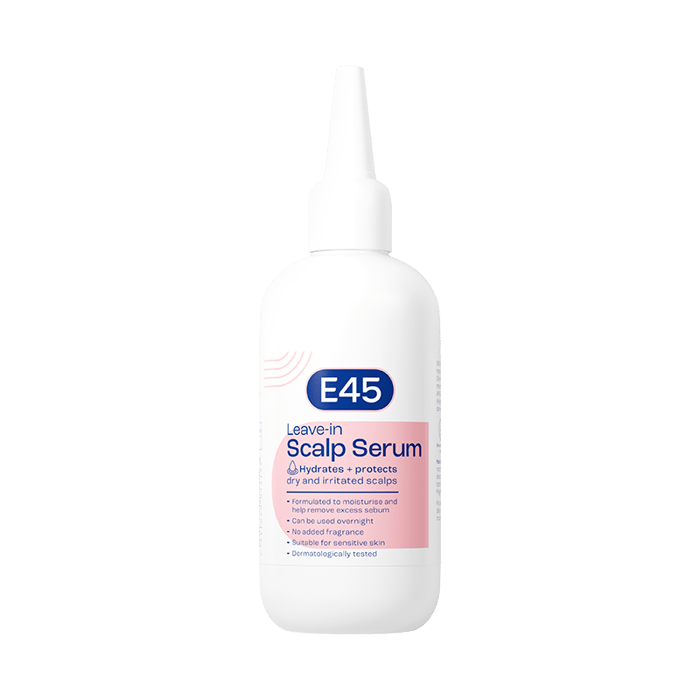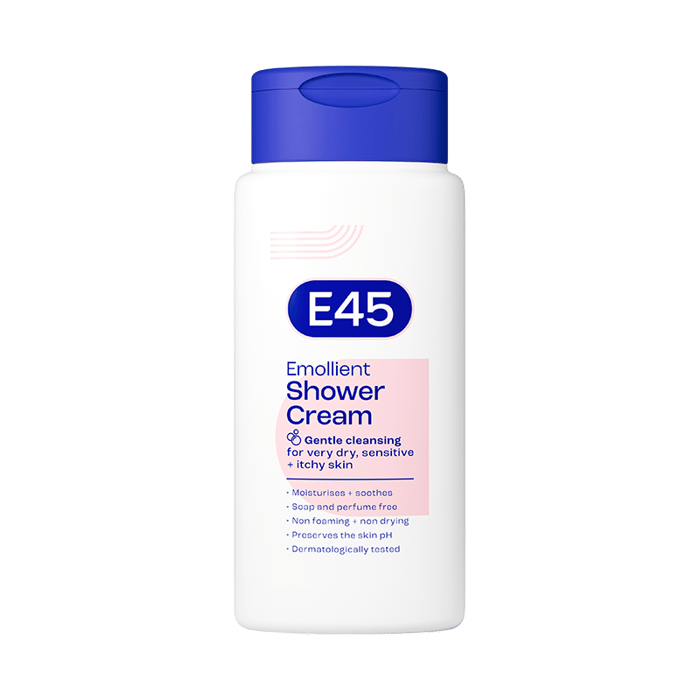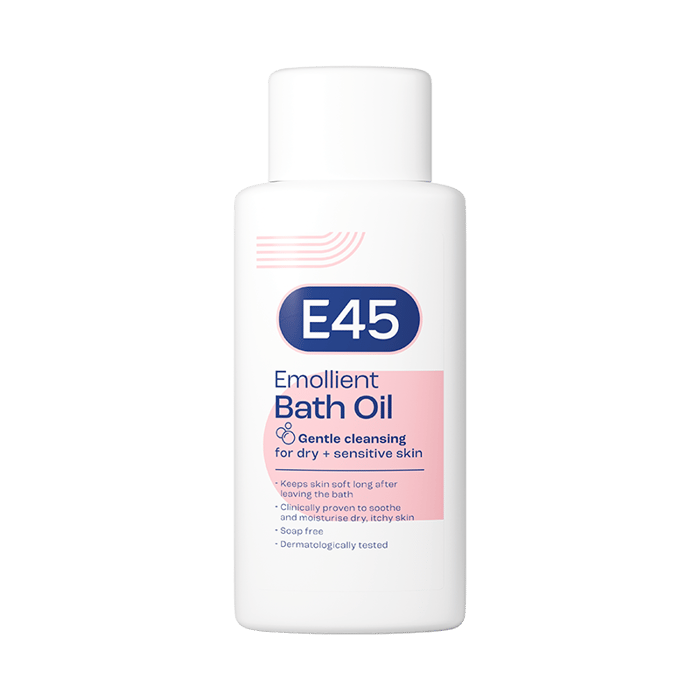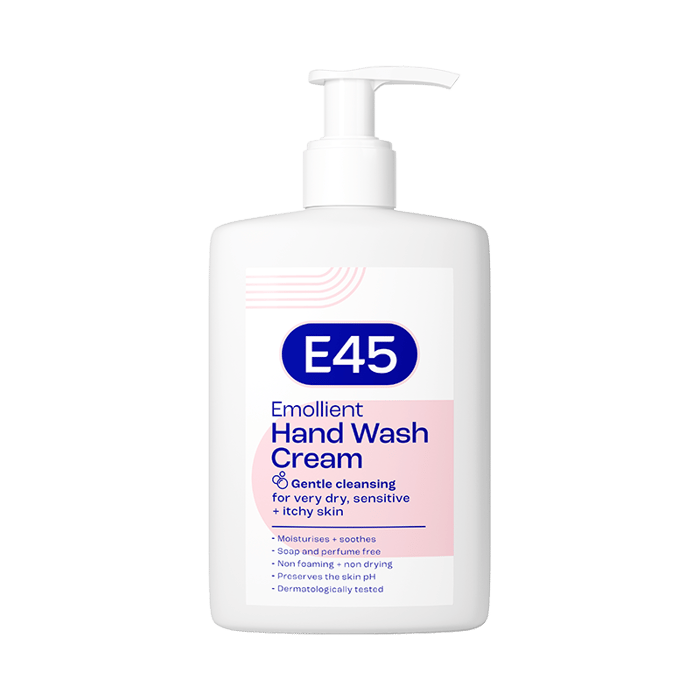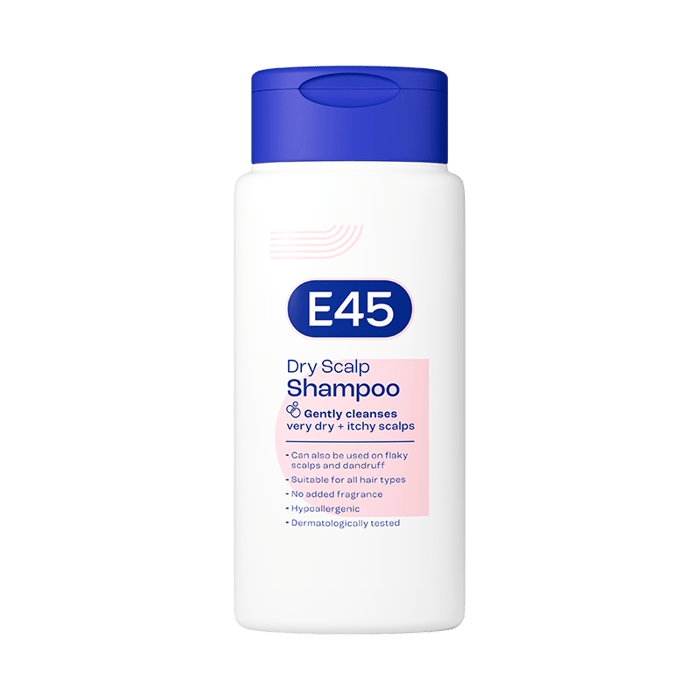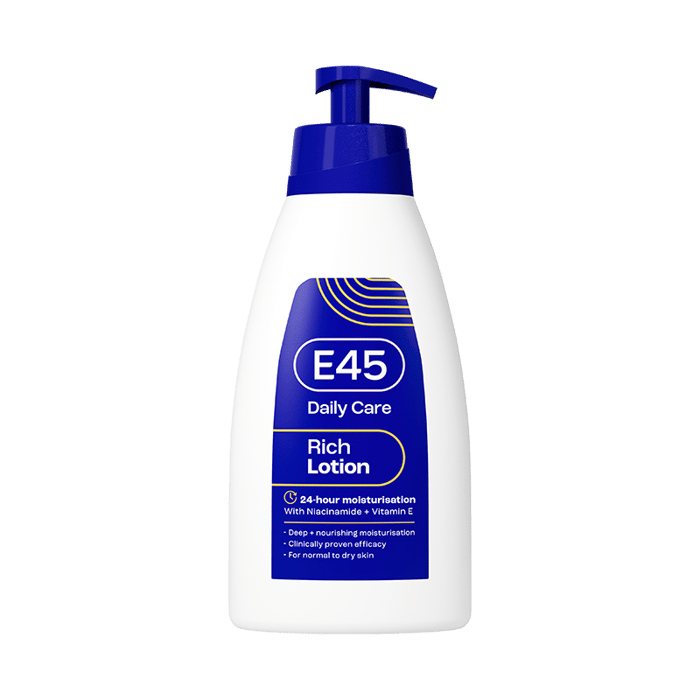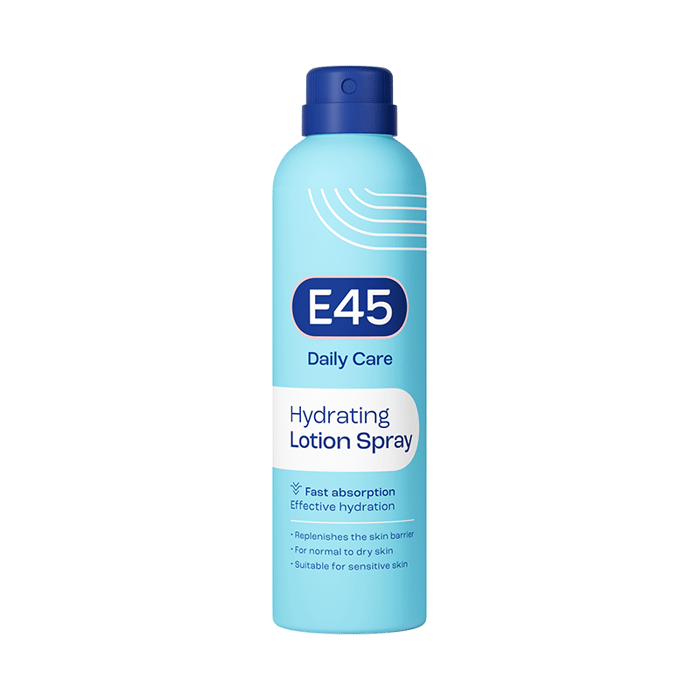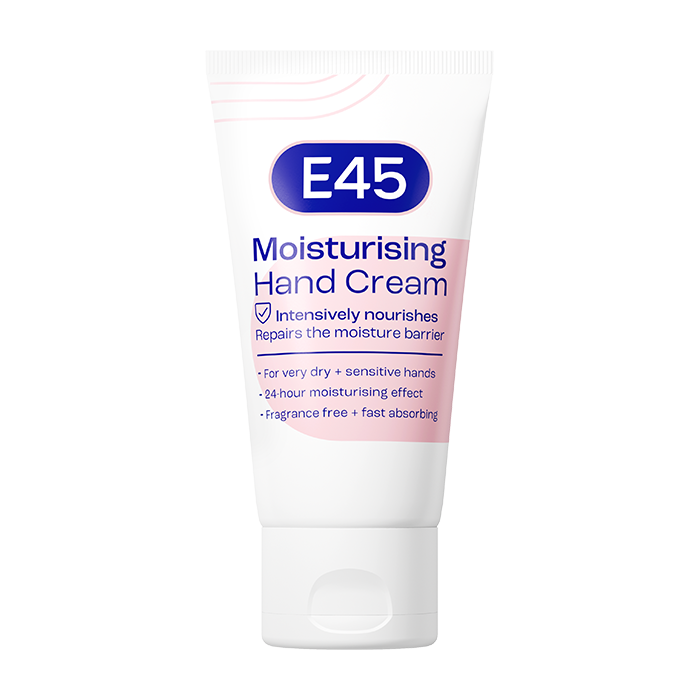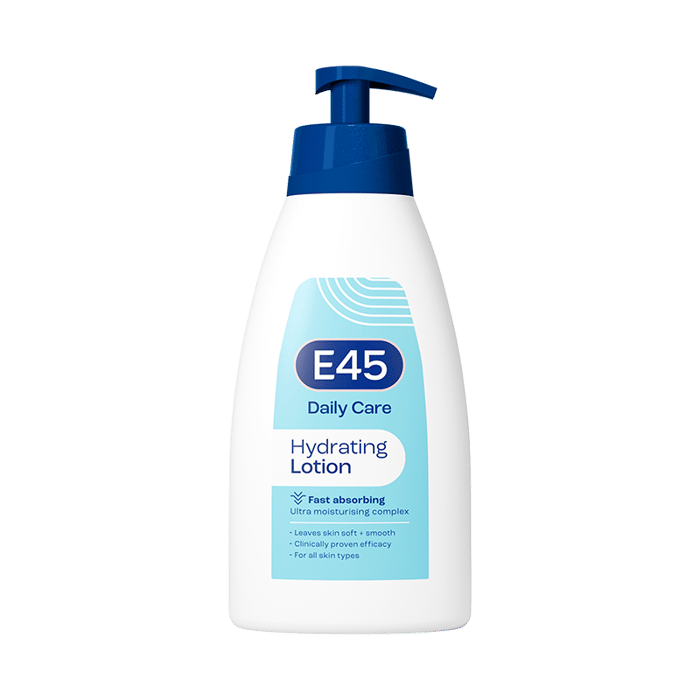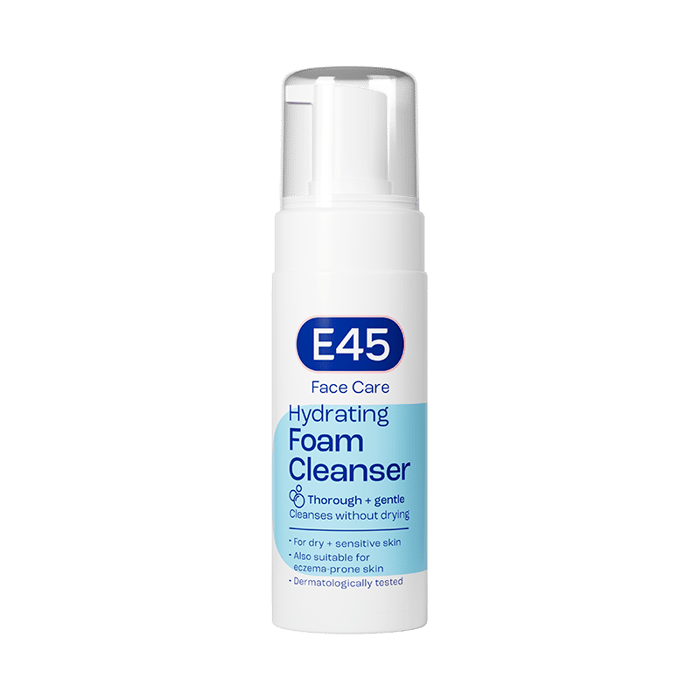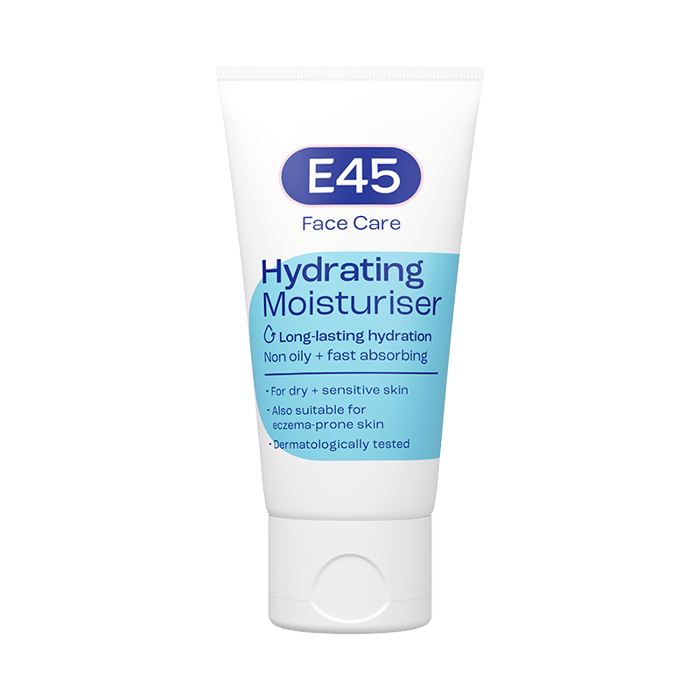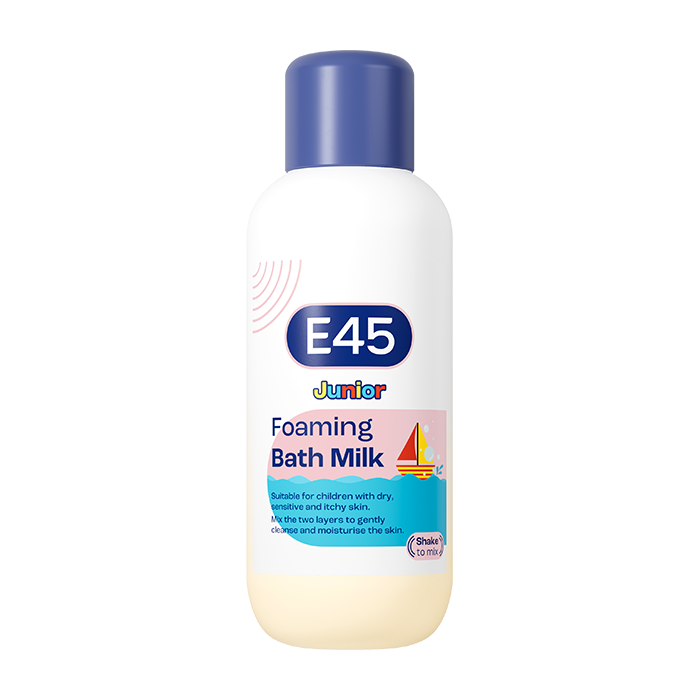Vitamin E and the skin: Benefits and uses
Discover the many uses and benefits of vitamin E for skincare. Learn how it nourishes, repairs and protects the skin, explore its potential side effects, and find out how to incorporate it into your skincare routine.
What is vitamin E?
Vitamin E is a fat-soluble antioxidant that helps to protect the body’s cells from damage caused by free radicals. These unstable molecules can accelerate the ageing process and contribute to skin concerns such as wrinkles and pigmentation. As an antioxidant, vitamin E helps to neutralise free radicals, which prevents further skin damage.
In skincare, vitamin E is renowned for its nourishing and reparative properties. It can help to strengthen the skin barrier, lock in moisture and protect against environmental stressors such as pollution and UV damage (Source). Vitamin E is commonly found in skincare products like oils, serums and creams, where it provides concentrated benefits, including improved hydration, enhanced healing and anti-ageing effects.
Is vitamin E good for the skin?
Vitamin E is a powerful antioxidant that helps to protect the skin from oxidative stress caused by free radicals, which can damage cells and accelerate the ageing process. By neutralising these free radicals, vitamin E supports healthier skin and helps to reduce the visible signs of ageing, such as fine lines and wrinkles. It also plays a vital role in maintaining the skin’s moisture levels, forming a protective barrier that locks in hydration, which is particularly beneficial for dry and sensitive skin types.
In addition to its antioxidant and moisturising properties, vitamin E has anti-inflammatory effects that make it ideal for soothing irritated or inflamed skin. It can help to calm conditions like eczema, acne and general redness while promoting skin healing and recovery. Vitamin E’s ability to repair damaged tissue also makes it effective for reducing the appearance of scars and imperfections, leaving the skin looking smoother and more even (Source).
Benefits of vitamin E for the skin
Vitamin E offers a wide range of benefits, from moisturisation to skin protection and repair. Here are some of the key benefits:
Nourishes and moisturises the skin
Vitamin E is known for its moisturising properties, making it an excellent option for hydrating dry and flaky skin. When applied topically, vitamin E forms a barrier that helps to lock moisture in, keeping the skin soft and hydrated. It’s particularly beneficial for those with dry or combination skin, as it helps to maintain a healthy moisture balance (Source).
Provides antioxidant protection
Vitamin E is a potent antioxidant that helps to protect the skin from environmental stressors, such as pollution, UV radiation and cigarette smoke. These external factors generate free radicals that can damage skin cells and accelerate the ageing process. By neutralising free radicals, vitamin E helps to reduce oxidative stress, which can contribute to premature aging and other skin concerns (Source).
Reduces the appearance of scars and stretch marks
Vitamin E is widely used in scar and stretch mark treatments thanks to its ability to support skin healing. The antioxidant properties of vitamin E help to regenerate skin cells, promoting tissue repair and reducing the visibility of scars, whether from surgery, acne or injury. Regular use of vitamin E can improve the overall texture and tone of scarred skin, making scars less noticeable over time. While studies have shown mixed results, vitamin E remains a popular ingredient in many scar-reducing formulations (Source).
Enhances skin healing
Vitamin E plays a significant role in skin recovery and healing. It can help to accelerate the healing of minor cuts, burns and other skin injuries by improving cell regeneration. Vitamin E also has anti-inflammatory properties that can reduce red skin and swelling, making it a useful treatment for sunburns and other minor irritations (Source).
Soothes irritated and dry skin
Vitamin E is a well-known remedy for soothing irritated skin, particularly for those suffering from conditions like eczema, psoriasis and dermatitis. Its anti-inflammatory effects help to calm the skin and reduce discomfort, redness and itching. Additionally, vitamin E can help to repair the skin’s moisture barrier, which is essential for keeping sensitive skin hydrated and healthy (Source).
What skin types can benefit from using vitamin E?
Vitamin E is suitable for all skin types, but it is particularly beneficial for dry, sensitive and ageing skin. Here’s how it can help different skin types:
- Dry skin: Vitamin E provides deep hydration and helps to restore the skin’s moisture balance, making it a great option for those with dry or dehydrated skin.
- Sensitive skin: Vitamin E is known for its soothing properties, helping to calm inflammation, redness and irritation associated with sensitive skin conditions like eczema or rosacea.
- Oily skin: While vitamin E is a heavier oil, it can still benefit oily skin when used in moderation. It helps to regulate oil production and protects the skin from free radical damage, which can contribute to breakouts.
- Ageing skin: Vitamin E is ideal for mature skin as it helps to reduce fine lines and wrinkles by promoting cell regeneration and hydration, giving the skin a more youthful appearance.
Are there any side effects?
Vitamin E is generally safe for most skin types and is rarely associated with side effects when used topically. However, in some cases, individuals with sensitive skin may experience mild irritation, redness or breakouts, especially if using high concentrations of pure vitamin E oil. It’s always recommended to perform a patch test before introducing a new vitamin E product into your routine.
If you have oily or acne-prone skin, it’s essential to choose a vitamin E product that’s non-comedogenic, meaning it won’t clog pores. If you notice any adverse reactions, discontinue use and consult with a dermatologist.
How to use vitamin E in your skincare routine
Vitamin E is a versatile and powerful ingredient that can be used in various ways to enhance your skincare routine. Its antioxidant, anti-inflammatory, and hydrating properties make it an ideal addition to products aimed at soothing, protecting and improving the overall health of the skin. Here are some tips on how to incorporate vitamin E into your skincare regime:
As an oil
Vitamin E oil is a concentrated form of vitamin E and can be applied directly to the skin for targeted treatment. It’s especially effective for areas of concern such as dry patches, scars, stretch marks or irritated skin. However, because vitamin E oil is thick and can sometimes be heavy for certain skin types, it’s often recommended to dilute it with a carrier oil, like jojoba, almond or grapeseed oil, which will help to improve absorption and make it easier to spread across the skin.
To use vitamin E oil, apply a small amount to the desired area, gently massaging it in. This can be particularly beneficial as a nighttime treatment, allowing it to deeply nourish and repair the skin while you sleep. If you’re using it on scars or stretch marks, consistency is key – apply it daily for several weeks to begin seeing improvements. Vitamin E’s ability to improve collagen production can help to fade these imperfections over time.
In a moisturiser
For daily hydration, look for moisturisers that include vitamin E as part of their formulation. When combined with other skin-friendly ingredients, such as ceramides, hyaluronic acid or peptides, vitamin E enhances the moisturising effects by improving the skin’s barrier function and protecting against environmental stressors.
Apply a vitamin E-enriched moisturiser in the morning or evening to help keep your skin hydrated, smooth and plump. Its antioxidant properties can help to neutralise free radicals caused by UV exposure and pollution, offering an extra layer of protection for your skin. This is particularly beneficial for those with dry, sensitive or mature skin, as vitamin E can soothe irritation and reduce the appearance of fine lines.
E45 Face Care Hydrating Moisturiser and E45 Face Care Night Cream have been formulated with Vitamin E to intensely nourish and hydrate dry, sensitive skin, day and night. For daily hydration for the body, E45 24H Rich Lotion contains vitamin E to keep the skin soft, supple and hydrated throughout the day. Additionally, E45 Eczema Relief Cream contains vitamin E to help soothe itchy, dry skin.
In serums
Vitamin E is often found in serums, particularly those targeting the signs of ageing, dullness or uneven skin texture. Serums with vitamin E are highly concentrated and can provide a potent dose of antioxidants, making them an excellent choice for those concerned with premature ageing or skin damage caused by environmental factors like sun exposure or pollution.
To use, apply a few drops of a vitamin E serum after cleansing and before moisturising. This allows the serum to penetrate deeply into the skin and work at a cellular level to support the skin’s natural repair processes. When combined with other powerhouse ingredients like vitamin C, vitamin E can work synergistically to brighten the skin and reduce the appearance of fine lines and hyperpigmentation.
As a treatment for scars
Vitamin E has long been considered a go-to treatment for reducing the appearance of scars, whether from surgery, acne or injuries. While results can vary depending on the individual and the severity of the scars, vitamin E’s ability to enhance skin regeneration, improve skin texture and increase collagen production makes it a popular option for promoting scar healing.
To use vitamin E for scars, apply a vitamin E oil or serum directly onto the affected area after cleansing and toning. Gently massage the product into the skin to encourage absorption. For best results, use this treatment consistently for several weeks or months, depending on the severity of the scar. While it may not completely erase scars, it can help to fade their appearance and smooth out the skin over time. You can also use vitamin E as a preventative measure to avoid scars from forming post-surgery or injury.
In sunscreen
Vitamin E is commonly included in sunscreen formulations because of its ability to protect the skin from UV-induced damage. It acts as an antioxidant, neutralising free radicals that are produced when the skin is exposed to UV radiation. This makes vitamin E an excellent addition to your sunscreen routine, as it can help to prevent sunburn and minimise the long-term damage that can lead to premature ageing and skin cancer.
Look for sunscreens that contain a combination of vitamin E and broad-spectrum SPF to ensure that your skin is both protected from UV rays and shielded from oxidative stress. For extra protection, you can layer a vitamin E-enriched sunscreen with a separate vitamin E serum for enhanced antioxidant benefits. E45 Sun Care Lotion has been formulated with vitamin E to nourish and shield the skin from environmental aggressors such as UV and pollution and has 100% tolerability for sensitive skin.
As a face mask
A nourishing face mask with vitamin E can offer a relaxing and hydrating treat for your skin. Whether purchased pre-made or crafted at home with ingredients like honey, avocado or yogurt, vitamin E can help improve skin elasticity and promote cell regeneration, leaving the skin feeling rejuvenated and smooth.
If using a store-bought mask, apply it after cleansing your skin, leave it on for the recommended time, and rinse thoroughly. If you’re making your own mask at home, blend vitamin E oil with soothing ingredients like aloe vera or olive oil and apply it to the face for a deep-conditioning treatment. Use once or twice a week for softer, healthier skin.
Conclusion
In conclusion, vitamin E is an incredibly versatile and beneficial ingredient for skin care. Its antioxidant, anti-inflammatory and hydrating properties make it a powerful ally in the fight against skin ageing, dryness and irritation. Whether you’re looking to reduce the appearance of scars, improve your skin’s moisture barrier or protect against environmental damage, vitamin E offers a range of benefits suitable for all skin types.
By incorporating vitamin E into your daily skincare routine, you can enhance your skin’s overall health, leaving it smoother, more hydrated and better protected from the elements. Always remember to choose the right form and concentration of vitamin E for your skin type, and consult with a dermatologist if you experience any irritation.
FAQ: vitamin E and the skin
Can I use vitamin E every day?
Vitamin E is safe for daily use, especially when incorporated into a moisturiser or serum. It offers hydration, antioxidant protection and skin barrier repair, making it suitable for both morning and night routines. If you’re using a concentrated form of vitamin E (like pure oil), it may be best to use it sparingly to avoid overwhelming the skin, especially for those with oily or acne-prone skin.
Does vitamin E help with acne scars?
Vitamin E can aid in the improvement of acne scars by promoting skin healing and regeneration. It works by enhancing the production of collagen, which is key for scar healing. While it might not completely eliminate scars, regular use of vitamin E can help reduce their visibility and improve the overall texture and appearance of the skin. Be patient, as this process can take several weeks or even months for noticeable results.
Can I use vitamin E with other active ingredients?
Vitamin E can be used alongside other active ingredients like vitamin C, hyaluronic acid and retinol. In fact, it pairs well with vitamin C, as both offer antioxidant protection and can boost each other’s effectiveness. However, when combining vitamin E with potent ingredients like retinol or AHAs (alpha hydroxy acids), it’s important to introduce them slowly into your routine to avoid irritation, especially for sensitive skin. Layering vitamin E with such ingredients can help soothe and protect the skin.
Is vitamin E safe for sensitive skin?
Vitamin E is generally well-tolerated by sensitive skin due to its anti-inflammatory and soothing properties. It can help to calm irritation, reduce redness and support the skin’s barrier function. However, as with any skincare ingredient, it’s crucial to perform a patch test first, especially when using a new product or oil-based form of vitamin E. If any irritation or discomfort occurs, discontinue use and consult with a dermatologist.
Can vitamin E be used for dark circles?
Vitamin E can be beneficial for dark circles by hydrating and nourishing the delicate skin under the eyes. While it might not directly target pigmentation, its ability to improve skin elasticity, smoothness and overall hydration can reduce puffiness and the appearance of tired, sunken eyes. Using a vitamin E-infused eye cream or serum can help to brighten and firm the skin around the eyes, making dark circles less noticeable over time.
Does vitamin E help with wrinkles and fine lines?
Vitamin E can help to reduce the appearance of wrinkles and fine lines. As an antioxidant, it neutralises free radicals, which are responsible for accelerating skin ageing. It also improves skin hydration and elasticity, helping to plump the skin and reduce the visibility of fine lines. Regular use of vitamin E in your skincare routine can support smoother, more youthful-looking skin.
Can I apply vitamin E oil directly to my skin?
Vitamin E oil can be applied directly to the skin, but it’s important to use it sparingly, as it is thick and concentrated. It’s particularly useful for targeting dry patches, scars and stretch marks. If you have oily or acne-prone skin, you may prefer to dilute the oil with a carrier oil, such as jojoba or almond oil to prevent the potential clogging of pores.
Is vitamin E suitable for oily skin?
Vitamin E can be used on oily skin, but it’s essential to choose the right form of the vitamin. While vitamin E oil is beneficial for dry or combination skin, those with oily skin may prefer a lighter vitamin E serum or moisturiser to avoid clogging pores. These products provide hydration without leaving a greasy residue, which is crucial for maintaining a balanced complexion.
Does vitamin E protect against UV damage?
Vitamin E can help to protect the skin from UV damage. Its antioxidant properties neutralise free radicals caused by UV rays, which are responsible for premature skin ageing, wrinkles and pigmentation. While vitamin E should not replace sunscreen, it can be an excellent complementary ingredient in sun protection formulations. Many sunscreens include vitamin E to enhance their protective and healing properties.
Can vitamin E help with dry skin?
Vitamin E is an excellent remedy for dry skin due to its powerful moisturising and skin barrier-repairing properties. It helps to lock in moisture, keeping the skin hydrated and smooth. Whether used in a moisturiser or oil, vitamin E is especially effective at treating dry, flaky skin and can be used daily to maintain hydration levels and restore the skin’s natural softness.
Sources
www.medicalnewstoday.com/articles/318168
health.clevelandclinic.org/vitamin-e-for-skin-health
pubmed.ncbi.nlm.nih.gov/7633944/
www.medicalnewstoday.com/articles/318168#treating-wrinkles
pmc.ncbi.nlm.nih.gov/articles/PMC7949595/#iwj12295-sec-0010
pmc.ncbi.nlm.nih.gov/articles/PMC8670689/#
www.sciencedirect.com/science/article/abs/pii/S009829970700057X

